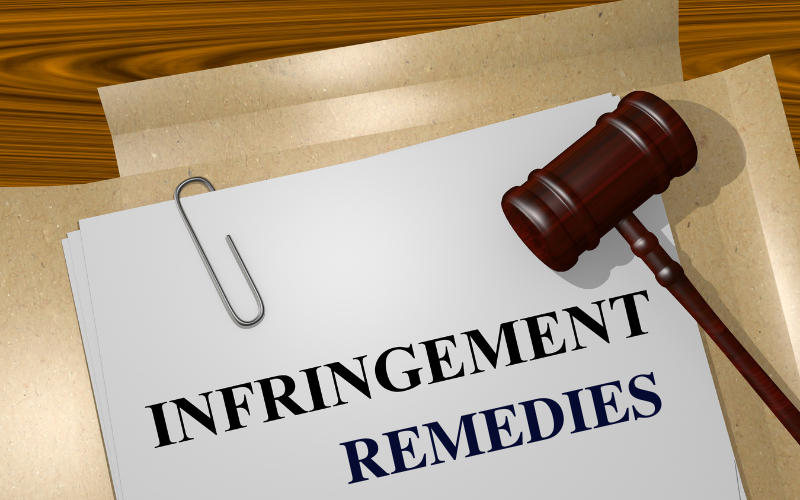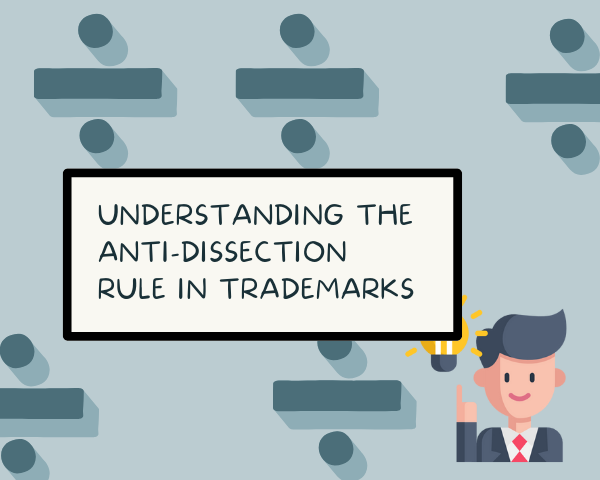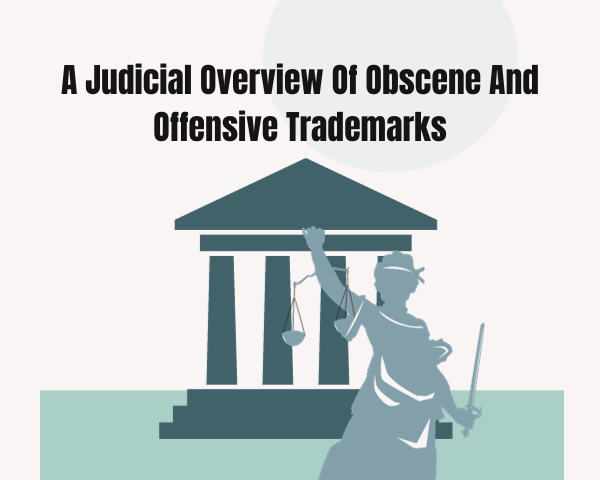Remedies for Trademark Infringements
Enforcement of Trademark Rights is ensured through the provision of both civil and criminal remedies. A civil suit can be instituted for infringement and passing off, and alternatively, Plaintiff can file a criminal complaint with the Magistrate’s court.
Trademark Infringement
Section 29 of the Trademarks Act, 1999, provides that a registered proprietor gets a right to sue any rival trader in cases involving the use of an identical or similar mark regarding identical or similar goods or services in respect of which the mark is registered. The prerequisite for suing for infringement is the registration of the mark. Section 29 further provides for the different ways in which who may infringe a trademark and which are as follows-
● Usage of the mark which is identical or deceptively similar to the trademark about goods or services in respect of which the trademark has been registered
● Usage of the identical or similar mark in respect of identical or similar goods or services is likely to confuse the public or is likely to have an association with the registered trademark
● Usage or identical or similar mark about different goods or services is likely to take unfair advantage of or is detrimental to the distinctive character or reputation of the registered trademark
● Usage of a registered trademark as part of own trade name or name of business concern or part of the name of business concern dealing in similar goods or services
● Application of the registered trademark to a material that is intended to be used for labeling or packaging of goods, as a business paper, or for advertising goods or services subject to the fact that such person was not duly authorized by the proprietor or licensee of the trademark
● In cases where a trademark is advertised, and such advertising takes advantage of and is contrary to honest practices in industrial and commercial matters or is detrimental to its distinctive character, or is against the reputation of a trademark
● In cases where the distinctive elements of a registered trademark include words, infringement might occur by the spoken use of such words and their visual representations.
Passing Off
Passing off refers to an actionable wrong whereby a person passes off his own goods as that of another. In the case of Erven Warnink B.V. v J. Townend & Sons (Hull) Ltd., the essential features of a passing-off action were elucidated as follows-
1. Misrepresentation
2. In the course of trade
3. Directed towards prospective customers of his or her ultimate consumers of goods or services supplied by him/her
4. Reasonably foreseeable consequence of injuring the business or goodwill of another trader
5. Causes actual damage to the trader’s business or goodwill who has brought forth the action.
While remedy against trademark infringement accrues as a statutory right, remedy against passing off exists in the form of a common-law right based on the principle of equity.
Civil Remedies
who can claim the following civil remedies in cases involving trademark infringement or passing off-
● Injunction/ stay against the use of the trademark
● Claim for damages can be made
● Accounts and handing over of profits
● Appointment of the local commissioner by the court for custody/ sealing of infringing material/accounts
● An application under Order 39 Rule 1 and 2 of the Civil Procedure Code granted temporary/ ad interim ex-parte injunction.
Criminal Remedies
Criminal complaints seeking remedy are filed under Sections 103 and 104 of the Trademarks Act, 1999. Such complaints are filed at the Magistrate court to seek an order directing the police to investigate and carry out raids.
Section 103 of the Trademarks Act 1999 deals with the penalty for applying for false trademarks, trade descriptions, etc. While Section 104 deals with the penalty for selling goods or providing services to which a false trademark or false trade description is applied.
The penalties under both sections provide for imprisonment of a term of six months but which may extend to three years, along with a fine which shall not be less than fifty thousand rupees but may extend to two lakh rupees. Section 105 provides for enhanced penalty in case of a second or subsequent conviction, which shall be imprisonment for a term not less than one year but not more than three years, and a fine which shall not be less than one lakh rupees but may extend to two lakh rupees.
Conclusion
There are both civil and criminal remedies available that provide for the enforcement of trademark rights. Civil remedies are provided in cases involving trademark infringement and passing off, while Sections 103 and 104 offer criminal remedies to enforcing trademark rights.




